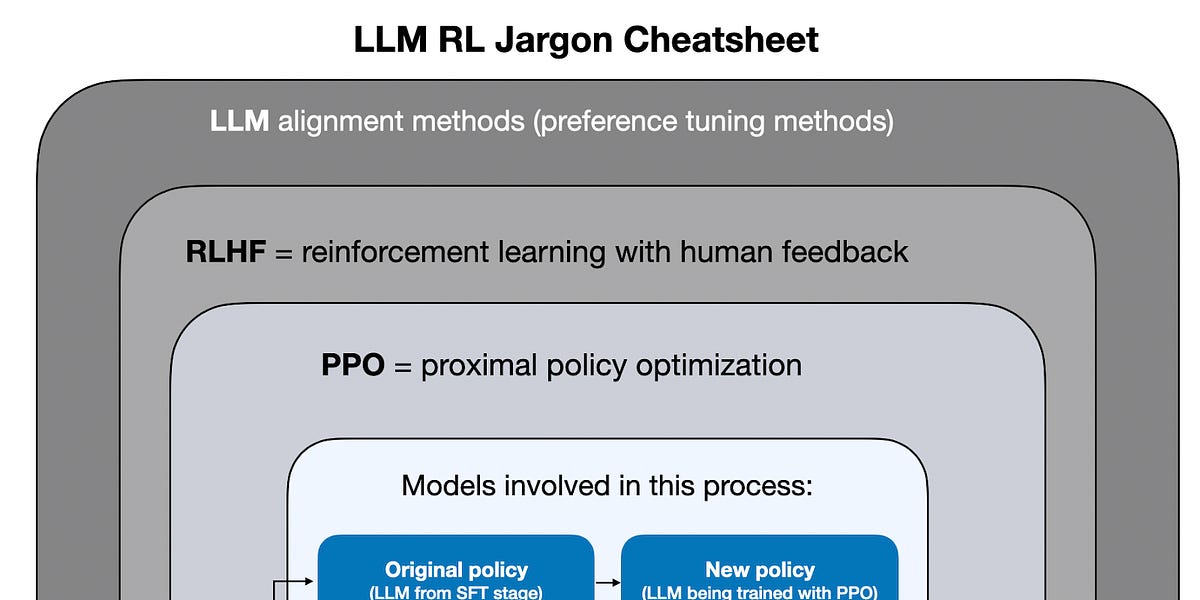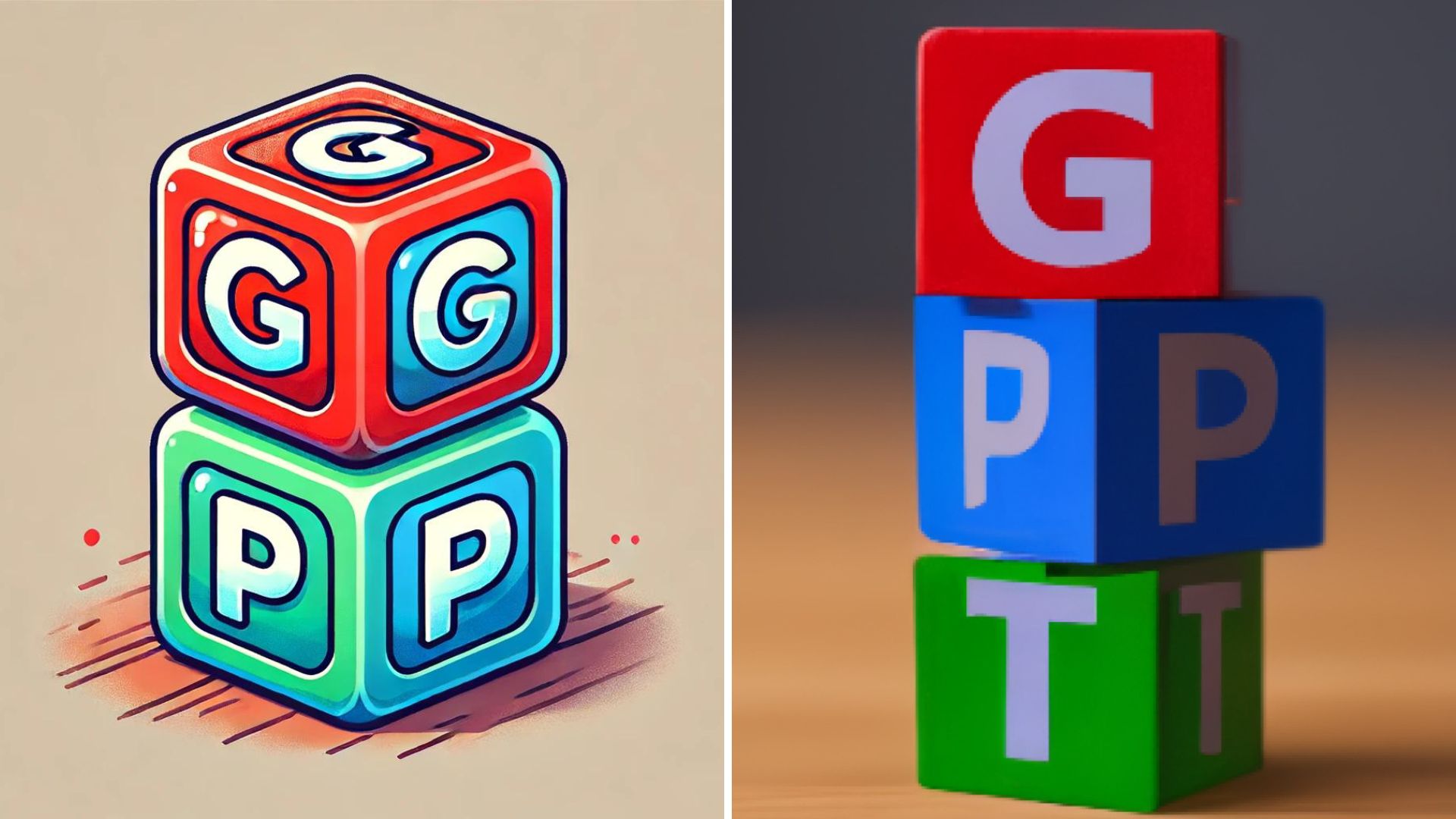Semiconductors are the heart and soul of modern technology. These tiny chips power everything from smartphones and laptops to toothbrushes and national security systems. The global semiconductor industry is booming, and India is finally stepping into the spotlight.
Despite their integral role in daily life and efforts from both the government and private sectors, India continues to invest in semiconductor manufacturing. In fact, not just the chip manufacturing fabs, even hidden players like equipment manufacturers for these fabs play a huge role in mitigating safety and security risks.
Manjunath Jyothinagara, managing director of KASTECH Equipments, in a discussion with AIM about his company’s role in India’s semiconductor revolution, highlighted the importance of robust equipment management.
Citing the Bhopal gas tragedy as a cautionary example, he emphasised the catastrophic consequences of poor equipment manufacturing. “We don’t have to wait for a major failure to happen,” he said. “The safety elements, or rather the measurement capability, have improved a lot. Today, most of these processes and equipment are built, in-built with many such gadgets, to detect an early failure.”
With an insightful view of the present and future, he shared his thoughts on a range of topics—from local manufacturing to the technological strides required for India to enter the global stage.

The Semiconductor Puzzle
The global semiconductor market, valued at nearly $800 billion, is expected to cross the $1 trillion mark by 2030. Yet, India is still importing most of its chips, a reality that could soon come at a steep cost.
“By 2030, India could be looking at over $100 billion in chip imports,” Jyothinagara warned, urging the country to bolster local manufacturing.
When asked about the Indian government’s role in the semiconductor landscape, he revealed seeing progress, particularly with initiatives like the semiconductor fabrication plant in Gujarat’s Dholera. The facility is being built by Tata Electronics, in partnership with Powerchip Semiconductor Manufacturing Corporation (PSMC).
“It’s a good strategy to focus on Gujarat, but it won’t be enough to meet the country’s needs. We need to look at building a comprehensive ecosystem,” he acknowledged.
He believes India’s semiconductor journey requires a collective effort from all states, each playing a crucial part in developing the necessary infrastructure and talent.
Jyothinagara also has a positive viewpoint on state competition, pointing out that it is healthy and ultimately beneficial. However, it’s not just about building factories or infrastructure, it’s about ensuring a highly skilled workforce.
States like Karnataka, Maharashtra, Andhra Pradesh, Telangana and Tamil Nadu, with their rich history in technology and engineering, are poised to be key players in this sector, he added.
However, he also pointed out that competition will eventually drive innovation and investment. The challenge of securing intellectual property and accessing advanced technology is another critical aspect. “Every country would like to protect their own IP, right? And actually, technology won’t be available for free,” Jyothinagara stated.
Check out the interview with Jyothinagara here:
The Equipment Behind the Magic
As the conversation turned to chip manufacturing, Jyothinagara emphasised the operation’s complexity.
“Chip manufacturing is incredibly advanced. There are over 300 steps in the process, and even if one step fails, the whole process is wasted,” he explained. He also shed light on the industry’s supporting infrastructure, which is just as important.
The equipment used in semiconductor manufacturing alone is a $125 billion industry.
For India to play a role in chip-making, companies must be equipped with state-of-the-art manufacturing tools. KASTECH Equipments specialises in providing the critical infrastructure for semiconductor manufacturing, including chemical systems, clean room setups, gas cabinets, and chemical abatement tools.

Jyothinagara noted that while India’s semiconductor capabilities are still developing, companies like KASTECH are key to supporting the industry’s growth.
“We are one of the players in that particular ecosystem,” he said, stressing the importance of local companies that can provide advanced manufacturing solutions.
He acknowledged that while India’s semiconductor manufacturing capabilities are still emerging, players like KASTECH are essential to support larger companies like Intel and TSMC, which can continue to produce chips at scale, with cutting-edge equipment for global standards.
People Behind the Revolution
A well-trained, specialised workforce is essential for India’s semiconductor ambitions to succeed. Jyothinagara believes in a symbiotic relationship between companies and employees.
“The more you provide opportunities for employees to grow, the more your company grows,” he said, highlighting the importance of fostering a culture of learning and upskilling.
The company focuses on training fresh graduates and upskilling the workforce to meet the specific demands of semiconductor manufacturing.

“The only way is to take fresh candidates and fine-tune them in the way we want them to contribute,” Jyothinagara said, addressing the challenge of finding skilled workers in a rapidly evolving sector.
Recognising the need for long-term workforce development, Jyothinagara advocates introducing industry knowledge at the school level.
“We need to go into schools and teach about these industries,” he said while urging a fundamental shift in how India prepares its future talent for industries like semiconductors.
The Long Road Ahead
Despite the promising developments, Jyothinagara highlighted that building a successful semiconductor ecosystem in India is no easy feat.
“It’s not just about making chips,” he said. “We also need to think about the research and development pipeline for the next generation of chips.”
India’s ability to produce high-performance chips will depend on its R&D investments in the coming decade. He pointed out that India must start working on the next generation of chips today to stay competitive.
“We need many more companies like ours,” Jyothinagara reflected. He also urged other entrepreneurs to seize the opportunities in this rapidly expanding field. “It’s not going to happen overnight, but with patience and perseverance, we will build an ecosystem that benefits everyone.”
Jyothinagara and his team already provide equipment and support to some of the world’s leading tech companies. Their ambitions don’t stop at supporting foreign giants, though they also invest in local talent and resources to make India by promoting the ‘Make in India’ initiative.
While the technical challenges are formidable, he is optimistic about India’s growing involvement in this field. “India is at the beginning of this curve,” he stressed. “There’s huge potential for us to set up a semiconductor ecosystem here.”

 1 week ago
8
1 week ago
8



